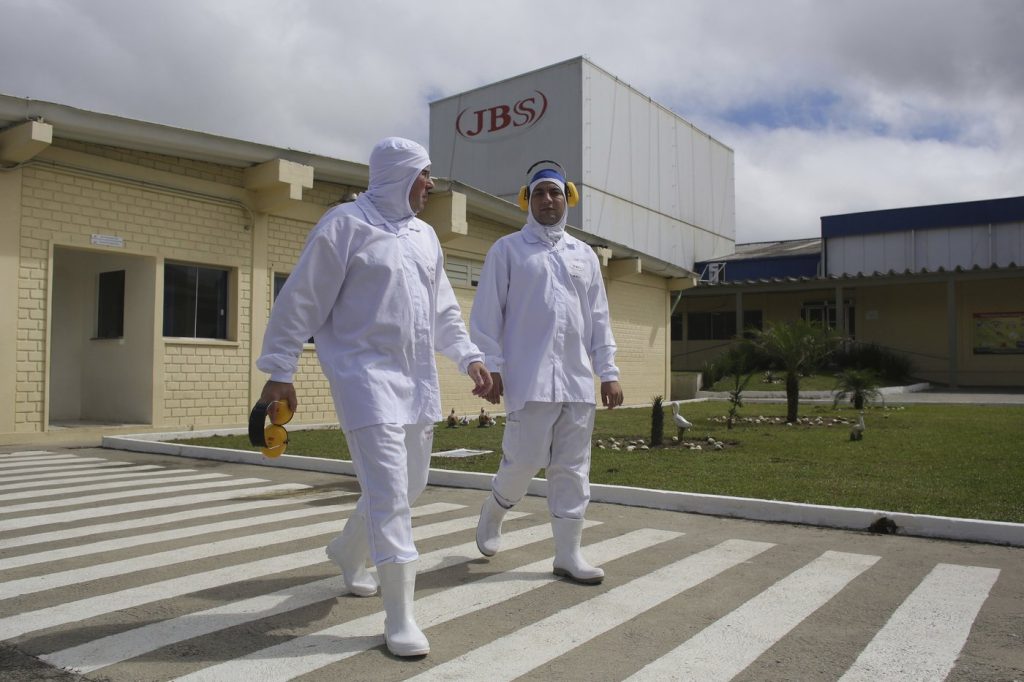Making meat is a notoriously messy business, and for JBS, the Brazilian meat giant, securing approval to list its shares on the New York Stock Exchange has proven to be equally complicated. The company, which has faced backlash from environmentalists, animal rights groups, U.S. lawmakers, and some investors, is criticized for its history of corruption and monopolistic practices, as well as its negative impact on the environment.
Despite the controversies, JBS has remained determined, arguing that dual listings in São Paulo and New York would help attract new investors and more accurately represent its global portfolio. Recently, the U.S. Securities and Exchange Commission (SEC) granted the company permission to proceed with its request to list shares in New York.
As one of the largest food companies globally, JBS operates over 250 production facilities across 17 countries, generating half of its annual revenue from the United States, where it employs more than 72,000 people. The company is the leading beef producer in the U.S. and ranks as the second-largest producer of poultry and pork.
On an upcoming Friday, shareholders who own 30% of JBS stocks are scheduled to vote on the dual-listing proposal. Early indications suggest that 52% of those who have voted so far are against the plan, although many votes remain uncounted, leaving the final outcome uncertain.
Last fall, a coalition of 20 environmental organizations, including Mighty Earth, Greenpeace, and the Rainforest Action Network, sent an open letter to JBS investors, urging them to oppose the listing due to climate concerns. Influential advisory firm Glass Lewis also recommended that shareholders reject the plan, highlighting the troubling return of brothers Joesley and Wesley Batista to the JBS board, given their past involvement in bribery and corruption scandals.
In its response to Glass Lewis, JBS emphasized that it has implemented stronger controls and anti-corruption training in recent years. The company argued that a U.S. listing would facilitate greater oversight from American authorities. Gilberto Tomazoni, JBS Global CEO, stated that the transaction would enhance the company's visibility in global markets and attract new investors.
However, skepticism remains among U.S. lawmakers regarding JBS’s suitability for the New York Stock Exchange. Senator Elizabeth Warren expressed concerns linked to the company’s past, specifically referencing Pilgrim’s Pride, a U.S.-based subsidiary of JBS that was a major donor to former President Donald Trump’s inaugural committee. Warren voiced concerns that the donation might have been intended to gain favor with the administration.
In January 2024, Warren was part of a bipartisan group of 15 senators who urged the SEC to reject JBS’s listing. This diverse coalition included members from both parties and outlined various reasons for their opposition, including J&F Investments' guilty plea to bribery and the price-fixing charges against Pilgrim’s Pride in 2021. Additionally, the letter pointed out JBS's disregard for rainforest destruction perpetrated by its suppliers.
The senators concluded that allowing JBS to list in the U.S. would expose American investors to a company plagued by systemic corruption and could strengthen its monopolistic power. As the situation evolves, investors, environmental advocates, and lawmakers continue to monitor JBS's plans closely as the vote approaches.











